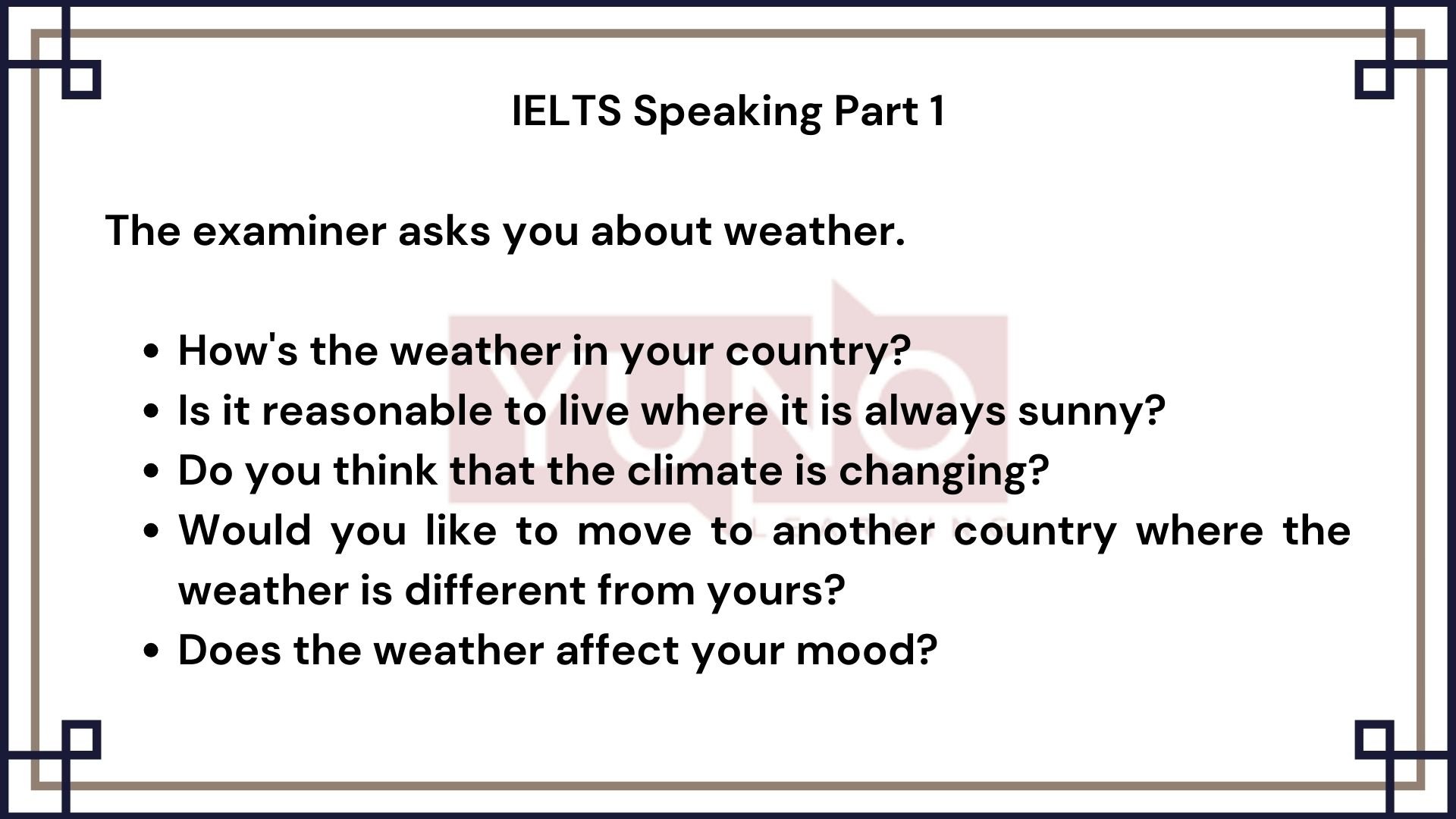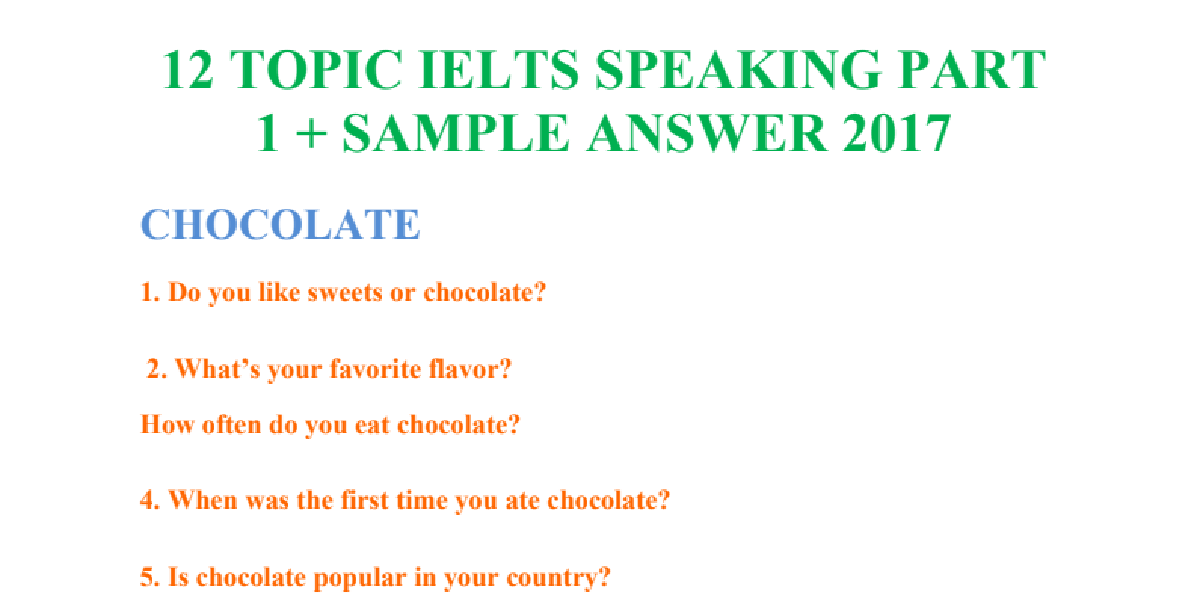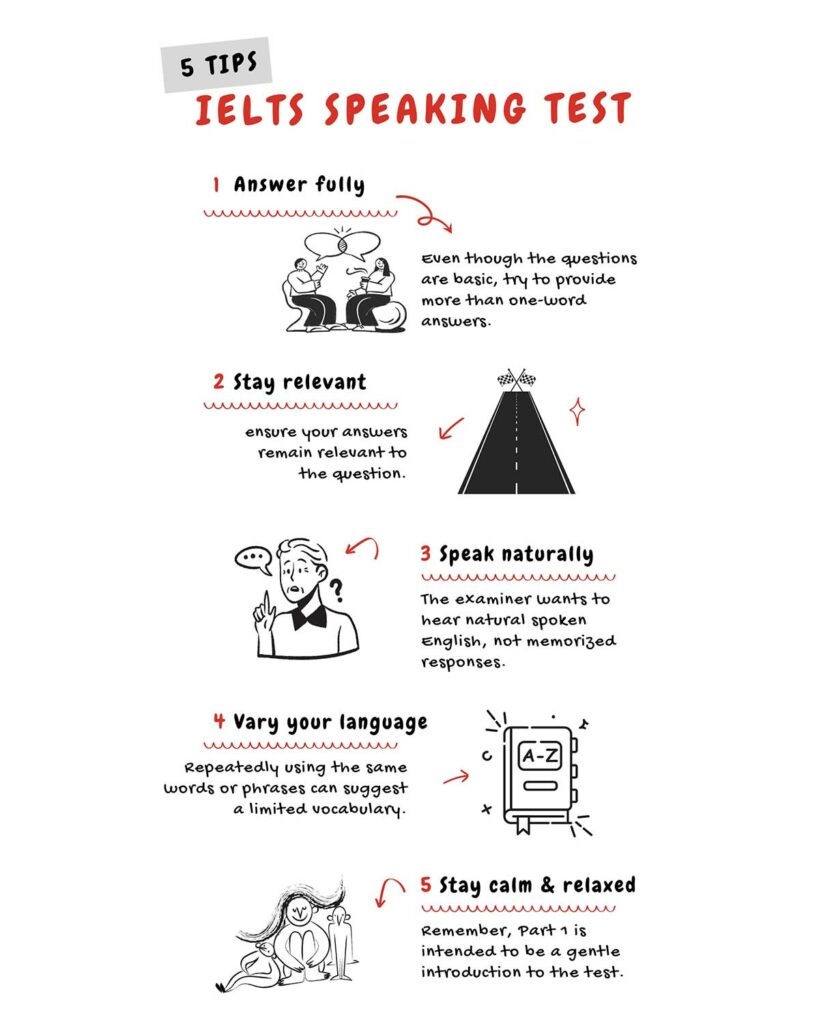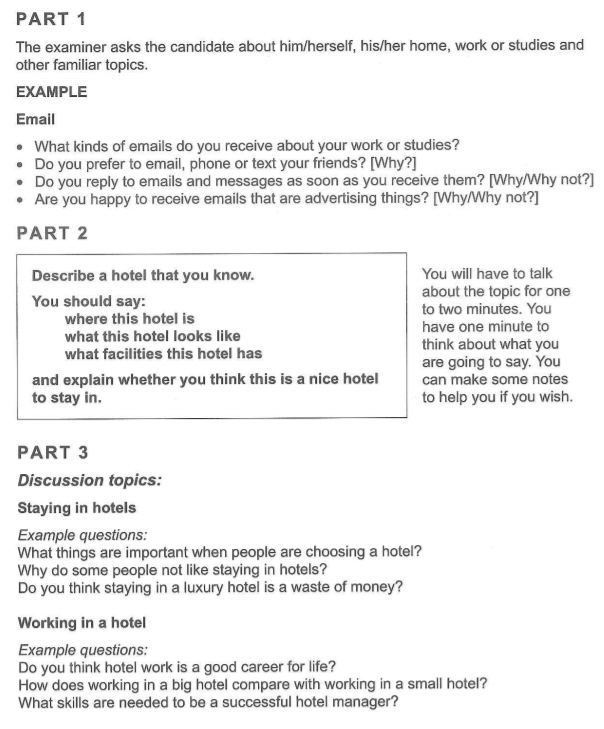Ielts Speaking Task 1 Sample Answer

The IELTS Speaking test, a crucial component for those seeking academic or professional opportunities in English-speaking environments, often presents candidates with challenges, particularly in Part 1, the introduction and interview section.
An understanding of effective strategies and sample answers for this initial part can significantly impact a candidate's overall score and confidence.
Understanding the Significance of IELTS Speaking Part 1
Part 1 of the IELTS Speaking test serves as an icebreaker, aiming to ease candidates into the examination while assessing their basic communication skills.
This section typically lasts 4-5 minutes and consists of general questions about familiar topics, such as home, family, work, studies, and hobbies.
Its significance lies in setting the tone for the rest of the test and providing the examiner with an initial impression of the candidate's fluency, vocabulary range, grammar accuracy, and pronunciation.
Deconstructing an Effective Sample Answer
A successful IELTS Speaking Part 1 answer is characterized by clarity, coherence, and conciseness.
It should directly address the question, provide relevant details, and demonstrate a range of vocabulary and grammatical structures.
For instance, when asked about their hometown, a candidate might say, "I come from Tokyo, a vibrant and bustling metropolis in Japan. It's known for its unique blend of traditional culture and modern technology, which makes it a fascinating place to live." This response fulfills the requirements of providing information and using descriptive vocabulary.
Analyzing the Elements of a Strong Response
Fluency and coherence are essential components of a high-scoring answer. Candidates should aim to speak smoothly and logically, connecting their ideas with appropriate linking words and phrases. Grammar accuracy is also critical; the use of correct tenses, articles, and sentence structures demonstrates a solid command of the English language.
Vocabulary, or lexical resource, refers to the range of words and expressions a candidate can use effectively. Using synonyms and paraphrasing can impress the examiner. Finally, pronunciation involves clear articulation and intonation, ensuring the message is easily understood.
Practical Tips for Preparing for IELTS Speaking Part 1
Preparation is key to success in the IELTS Speaking test.
Candidates can benefit from practicing common questions and recording themselves to identify areas for improvement.
Furthermore, expanding vocabulary through reading and listening to authentic English materials can enhance their ability to express themselves effectively.
Familiarizing oneself with different question types and brainstorming possible answers beforehand can reduce anxiety and improve performance on test day.
The Impact on Candidates and the Broader Community
A strong performance in the IELTS Speaking test can unlock numerous opportunities for individuals seeking to study, work, or immigrate to English-speaking countries.
Successful candidates gain access to higher education institutions, professional careers, and the chance to integrate into new communities.
Ultimately, the IELTS certification contributes to the global exchange of knowledge, skills, and cultural understanding.


















